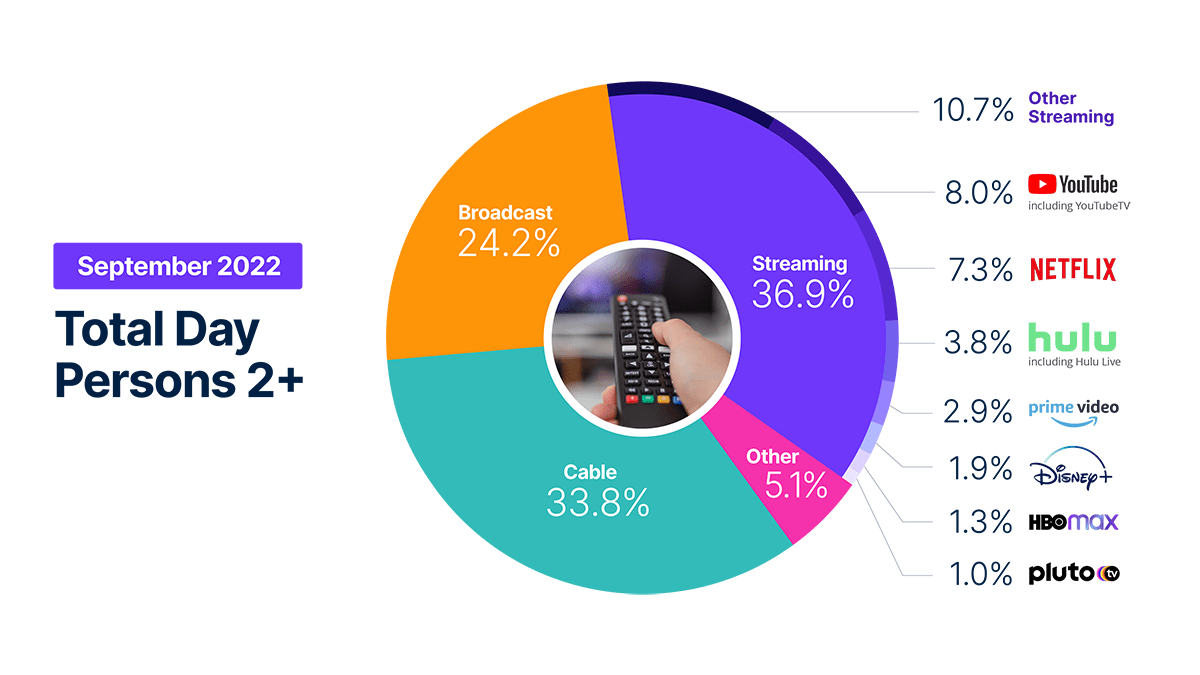I’ve often been involved in debates in politics in which people deny actual facts. At first, it’s easy to attribute that to partisanship. But it takes more than partisanship.
Consider sports. On Sunday night, I was disappointed when Patrick Mahomes threw the touchdown pass that ended the game in overtime and handed the win to the Kansas City Chiefs. But I didn’t deny that there was a touchdown. I bet there were a few million households in northern and central California and elsewhere in which there were 49ers fans who were quite disappointed. But I have yet to hear from, talk to, or read about a 49ers fan who thinks that Kansas City didn’t score a touchdown. Yet all 49ers fans are, by definition, partisans of the 49ers.
Consider, by contrast, politics. I often talk to people about political issues who won’t admit basic facts.
So, for example, someone will tell me that the rich don’t pay their “fair share” in taxes. They are usually talking, not about the rich, but about high-income people. I’m long past the days when I would correct them on that, unless it really matters for the discussion. We both know that we’re talking high-income, so I proceed with the discussion. It’s hard to know what their fair share is; that’s a normative issue. But it’s not hard to know what percent of income is paid in taxes by people in various income groups. When I point out that the higher the income, the higher the percent paid (except for, in some countries, a tiny percent at the top), they often deny it. But they don’t show me any data that contradict that. It’s true that it’s a little tougher to find data on that than to notice whether the football player caught the ball in the end zone. But, with Google and other search engines so readily available, it’s only a little tougher. And they often stick with their view.
They could argue the economically relevant point that you can’t judge the burden of the tax by who explicitly pays but, instead, have to consider elasticities of supply and demand to figure out who really bears the burden. But that’s not typically what happens.
















